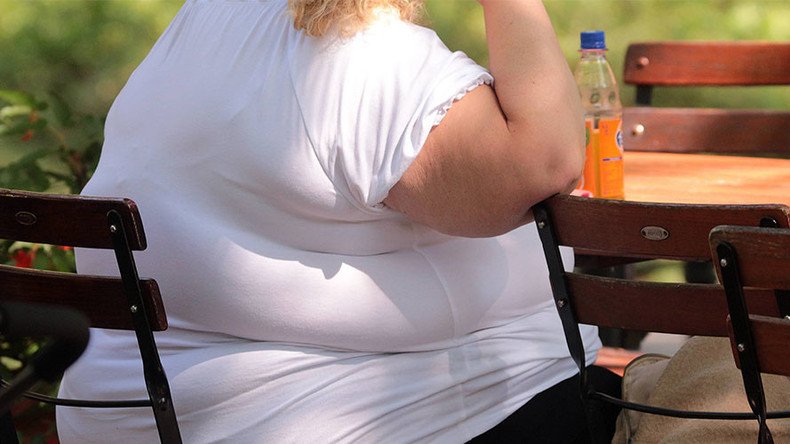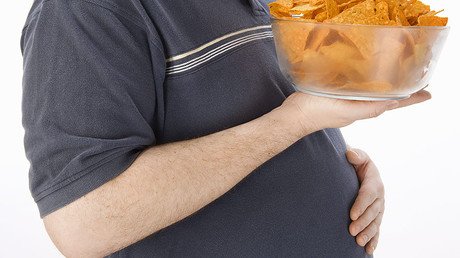900,000 Brits too fat to work, study claims

Almost 900,000 people in Britain are out of work because they are overweight, according to a new study. The figure is five times higher than official records suggest.
According to Professor Dame Carol Black, a former rheumatologist consultant, the actual number of people claiming welfare payments because of obesity is around 880,000, many times more than the 160,000 stated in official reports.
Black, who drew up a report for the Department for Work and Pensions last year that highlights how obesity affects the workforce, claimed on Sunday that the government figures “cannot be true.”
The former president of the Royal College of Physicians said she believes the inaccuracy may be due the claim forms, as applicants can only put down one reason for why they require subsidies.
Black, who is now the principal of Newnham College, Cambridge, believes there are hundreds of thousands of people who list a condition linked to obesity, such as diabetes, rather than obesity itself.
Speaking about her report at the Hay Festival of Arts and Literature, Black said: “You’re only allowed to go into the benefits system with one primary leading diagnosis so you can’t say on your form, diabetes, obesity, arthritis.
“It doesn’t make any sense. The analysts and the economists on [our] team think that if you look at the benefits system, diabetes, heart disease... the number is closer to 880,000,” she said, according to the Daily Mail.
Around 2.3 million people receive benefits for illnesses and disabilities known as the Employment and Support Allowance.
Black’s review said obese people could be referred to health workers in order to help them get back into work and off benefits.
Although job centers should refer people to slimming classes, Black claimed that those referred to non-surgical treatment tend to lose an average of only 22 pounds (10kg).
One in four people in the UK are obese, up from a one in 35 back in the 1970s.
Black said that, like smoking, obesity should be shunned by the public.
“I want it to be socially unacceptable. It seems the public doesn’t mind it.
“I’ve seen no feeling that it would be a good thing that we all try to be a more normal weight. It hasn’t caught on,” she said.
Black, who was included in the Woman’s Hour Power List of 100 leading women, also said doctors need to be blunter with their patients and not worry about coming of as offensive.
“If I were discussing with a patient their size, I would now have to use very careful words.
“You could always talk to someone about smoking. You always felt like you could have a sensible conversation. I couldn’t sit in front of them and ever use the word fat,” the professor remarked.
The Obesity Health Alliance (OHA) recently warned that the National Health Service (NHS) will be put under “enormous and unsustainable strain” if measures to tackle child obesity are not taken soon.
Obesity already costs the NHS £5.1 ($6.5) billion per year.














